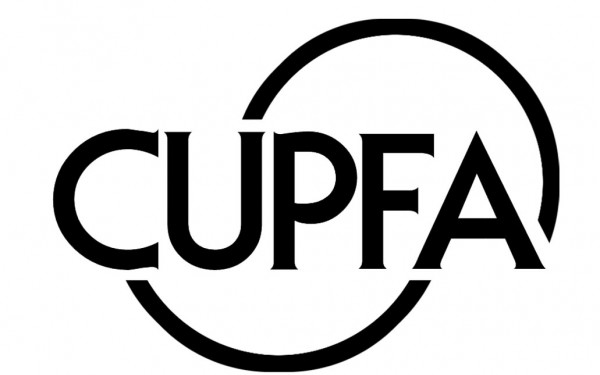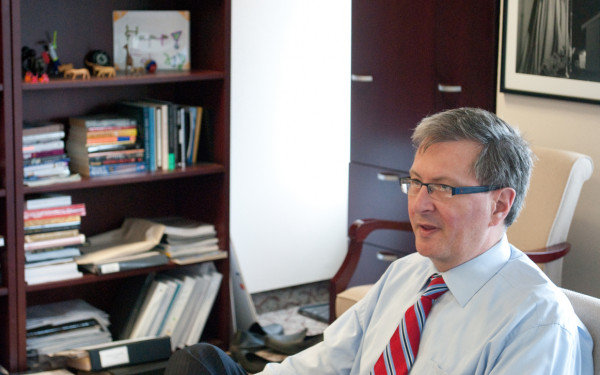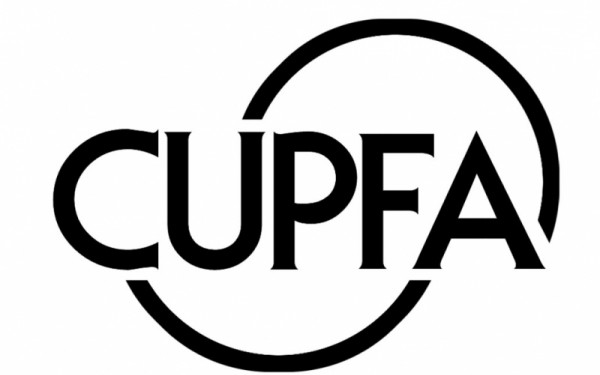President Says ConU Not Preparing for Strike
Alan Shepard Optimistic About CUPFA Negotiations
Concordia President Alan Shepard isn’t yet worried about the unlimited strike mandate passed by the Concordia University Part-Time Faculty Association.
On Nov. 4, CUPFA approved the mandate with 95 per cent support. In the event that contract negotiations with the university collapse, between 700 and 900 part-time teachers could be stepping out of the classroom and onto the picket lines.
“We’re not sitting here making plans for what we’re going to do for a strike because we’re hopeful on both sides that there won’t be a strike. […] Negotiations are a always complex dance for both parties,” said Shepard.
CUPFA Communications Chair David Douglas, who’s been present at the meetings, echoed Shepard’s sentiments.
“I think the idea that we would do everything we can to avoid a strike is positive, provided that what we’re actually doing is seeking a solution,” said Douglas. “I think that what’s really needed here is to listen to each other to bring some new initiatives to the dynamic and to work together.”
The current collective agreement between CUPFA and the university expired in August—after taking seven years to negotiate. Some of the clauses stemming from that contract have still not been met, says Douglas.
“We have a number of issues that have been kicking around the labour management discussion going back about two years […] that have yet to be resolved,” said Douglas.
“These are things involving deferred salary leave, pension, questions of what a course is worth in terms of contact hours. There’s been a lot of discussion and differences of opinion over what the faculty should be paid. The problem with universities is that across different faculties it’s very hard to have absolute equivalents.”
Douglas is optimistic that Shepard can offer a new dynamic to the strained talks, however.
“When we talked to our membership at our special annual general meeting, we were quite clear that we hope the president would bring some new initiatives into the arena of negotiations,” said Douglas.
“We anticipated being able to meet with him and to talk to him about his ideas and, in fact, tomorrow morning [CUPFA] President Maria Peluso and myself are meeting with him to hear directly what perspective he can bring.”
Nov. 29 is the next time the two negotiating teams will come together. It will be their last meeting day of the fall term. Douglas says that the two sides will be setting up all their meeting dates for the winter term then.
“Obviously, we want to see things turn in a more positive way from what we’ve seen thus far—you have to keep talking with people,” said Douglas.
“We have a responsibility to our membership to pursue their interests as vigorously as we can, but as educators we also have to do our jobs for the people we’re there for: the students. We have to weigh those responsibilities all the time.”

_1_900_600_90.jpg)





_600_375_90_s_c1.jpg)